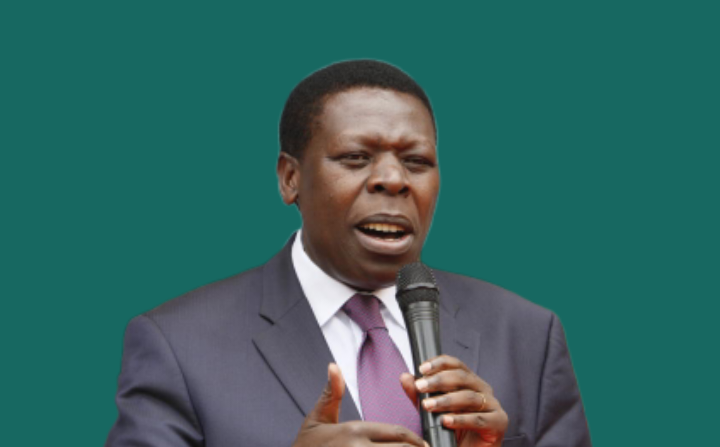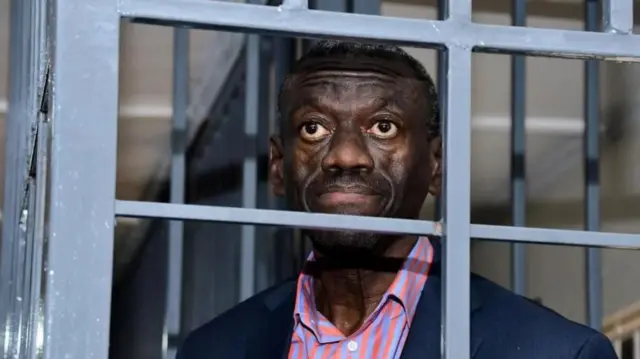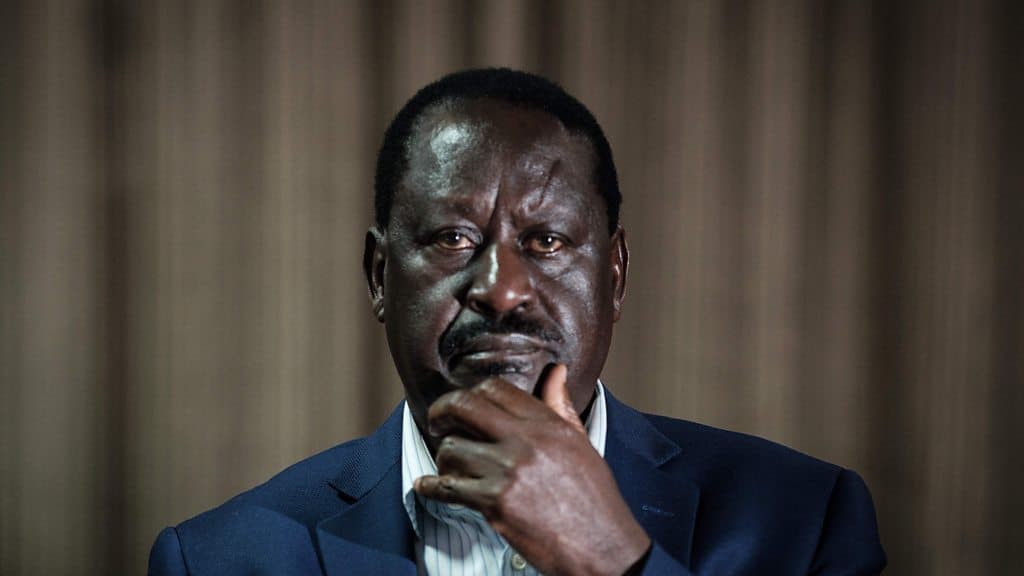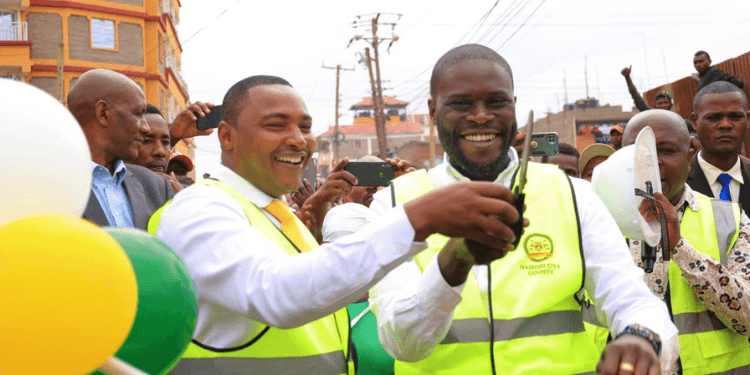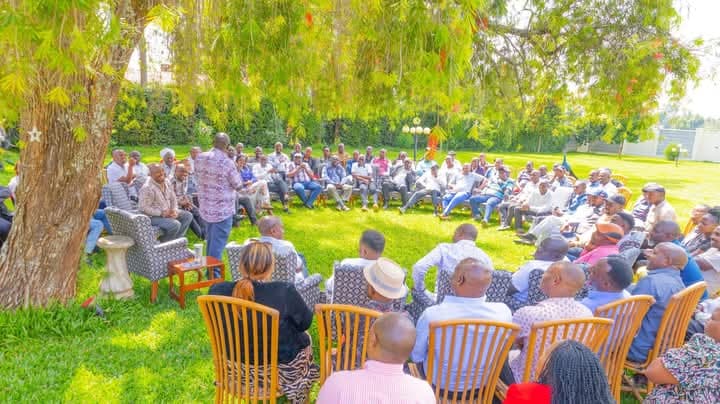Nairobi, April 14 : Kenya recently witnessed unprecedented nationwide protests in defiance of government proposed tax increases, shady deals under Private-Public Partnerships and unemployment, which also elicited police brutality.
These protests were led by “Generation Z” popularly referred to as “Gen Z”, who used social media to mobilise against the Kenya Finance Bill 2024 and other excesses. Gen Z has since metamorphosed into Gen Zote (All generations) to refer to a mindset, that is, Young Kenyans committed to good governance, the rule of law, inclusivity, and moral rectitude in public life regardless of age.
Kenya’s Gen Z has resolved to overhaul the exclusive and extractive colonial state and Kenya’s political culture attuned to impunity, corruption and divisive ethnic politics.
In its stead, they are fostering a pan-Kenyan identity that transcends primordial forms of political mobilisation and centre crosscutting mass mobilisation for a viable democracy and society.
However, Democratic Action Party of Kenya (DAP-K) leader Eugene Wamalwa has watered down Young Kenyans (Gen Zs) ambition to oust President William Ruto from the House on the hill, on their own.
Wamalwa, claims Gen Zs will find it hard to remove the incumbent president, if they face him head-on in 2027, despite his current unpopularlity.
Speaking during an interview on Monday, Eugene emphasized that the youth should unite with the existing opposition ahead of the 2027 general elections to beat President Ruto.
He Opined that while the GenZs presented a credible, powerful force that would sway the political direction the country will take during the next elections, their numbers may not be sufficient to take Ruto home.
“They (the young people) have every reason to be cynical about some of us who have been in politics for long. But they say it takes a village to raise a child. It will take the whole country and intergenerational kind of partnership for us to rid this country of this regime,” Eugene said.
Despite the trust deficit that exists between the veteran leaders and the youth, Wamalwa called for a collective inter-generational united approach, adding that efforts from the Opposition to get the youth on board are underway.
He emphasised that the Youth were the untested factor in the 2027 election, which could determine the political fate of the country.
“We are talking about 6 million or so votes out there, an untested factor, and they say these young people don’t vote because they have nothing to vote for,” he said.
Further, Wamalwa warned against a scenario where the youth back their Presidential candidate, adding that a divided opposition would likely secure Ruto’s second term.
“If we are divided saying GenZ-s you have your candidate, you have civil societies sponsoring their own candidate, the minute we are divided it will be very easy for William Ruto to beat us,” he said.
Analysts opine that the youth will be the most important aspect of Kenya's General election in 2027.
The recently held protests were different compared to protests held before. First, they were organic in the sense that they were not instigated by sectarian interests.
Unlike in the past when protests were organised by the political elite, sections of civil society, and trade unions, these protests were inspired by crosscutting concerns about the sorry state of the Kenyan economy, unresponsive politics, decrepit and classist education and health sectors, and extrajudicial and summary killings and enforced disappearances.
The protesters were united across ethnic, regional, gender, religious and other fault lines that have in the past impeded Kenyans from collectively holding the government to account over state excesses.
The Kenyan government needs to respond to the grievances precipitated by the recent protests, and try win back the trust, if it can.
The Message is clear : Young people demand dividends of democracy in the form of accountability, the rule of law, jobs and access to quality education and healthcare for all and prospects for the future.
